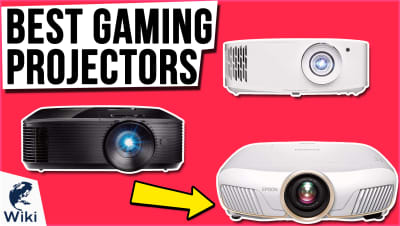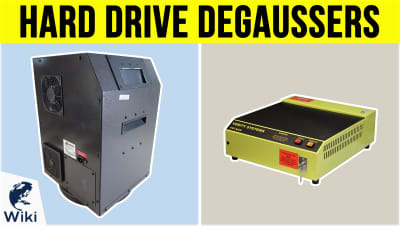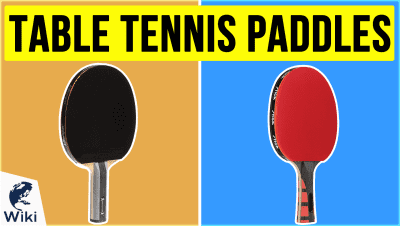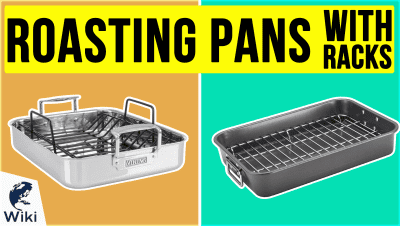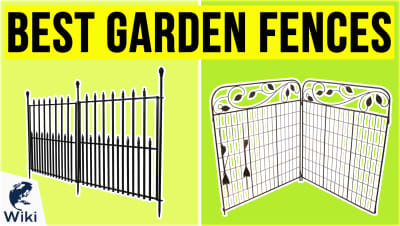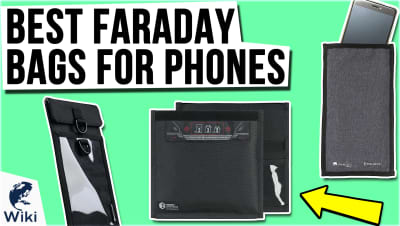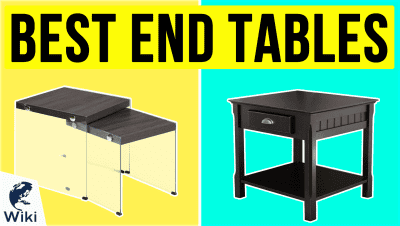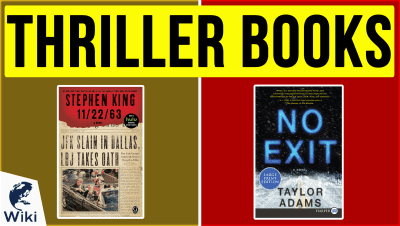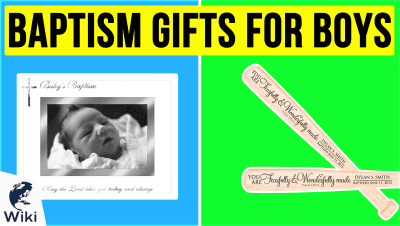The Unofficial ETH.TOWN: Moon Factory Wiki
As ETH.TOWN continues to test its complex strategy game, portions have been released as self-contained games on the Ethereum blockchain. One of these is Moon Factory, where players take raw materials and build them into rocket ships piloted by penguins, which can then be converted back into individual parts. We've got the full scoop on this game and why it's shot up the charts on DappRadar. This video was made with Ezvid Wikimaker.
Moon Factory Links
- ETH.TOWN Website
- ETH.TOWN on Medium
- Moon Factory Introduction
- Moon Factory FAQ
- DappRadar Listing
- Discord
- BitcoinTalk Forum
A Look At The ETH.TOWN Beta Test
Can I Make Money On Moon Factory?
As outlined in the initial Medium post, it is possible to earn a profit on Moon Factory, but the creators stress that it's a game, and you can only earn a profit if someone else loses money. These tokens are not unique like the ones in CryptoKitties or Factbar, which can be sold for a high price if they are rare. They are more like the tokens in Ether Shrimp Farm, PoWH3D, or Gandhiji, where the goal is to amass a large percentage of the tokens available. While there is strategy involved, many players will also earn a profit through the referral program. This game is still very new, so it's unclear what its staying power will be in the long term. Better not to put all your crypto-eggs in one crypto-basket if you're unsure about whether or not you'll enjoy playing.
Ethereum Games And Tokens Explained
In Depth
Moon Factory is a blockchain-based game that is part of ETH.TOWN, a site that has tested out numerous game types on the Ethereum blockchain. Moon Factory borrows elements from idle games and combines them with more complex strategy elements to create a marketplace for virtual goods in which time management and anticipating the market can reap dividends for players.
Let's take a step back and explain the type of tokens we're dealing with. Most people are familiar with Bitcoin and Ethereum, cryptocurrencies that rely on blockchain technology. Ethereum is notable because it allows for the creation of decentralized applications, or dapps, that use smart contracts to allow for the trading of alternative assets on Ethereum's blockchain.
Most tokens on the Ethereum blockchain adhere to a standard called ERC20, a set of six functions for smart contracts that regulate how they are to operate. This can include coins issued by companies in I.C.O. releases, idle games like Ether Shrimp Farm, or dapps like PoWH3D and Gandhiji that promise income based on participation and referring others to the service.
Most tokens on the Ethereum blockchain adhere to a standard called ERC20, a set of six functions for smart contracts that regulate how they are to operate.
ERC20 tokens are like Bitcoin and Ether in that they are fungible, meaning each token of a certain type is the same. If you have two Bitcoins, and you plan to sell one, it doesn't matter which one you sell because they are worth the same amount. You can also deal in fractions of a coin just like you can with dollars and cents. But some assets are unique, or non-fungible.
To handle unique assets, ERC721 was created. This is a standard for smart contracts dealing in digital assets that are not all the same. One popular example is Factbar, online representations of facts that are researched and verified. If you own a Factbar, you are the only person who owns it at that time, and every Factbar has its own unique value. Highly-desirable Factbars are therefore very valuable because they are rare.
One of the first games to take advantage of this growing market was CryptoKitties, digital cats that each have their own traits. They can be bred with one another to produce other kitties, and those with rare traits can fetch high prices. Millions of dollars worth of Ether has changed hands on CryptoKitties. More complex games like CryptoCountries and Etheremon followed, as many saw the potential to earn Ether while playing a fun game.
More complex games like CryptoCountries and Etheremon followed, as many saw the potential to earn Ether while playing a fun game.
The team behind ETH.TOWN was enticed by Ethereum's ability to incorporate multiple smart contracts for a multi-faceted game. The number of smart contracts already in use can be seen on DappRadar, and ETH.TOWN has invited small numbers of beta testers to try out its real estate game, where you can own a floor in a building and improve your investments as a crypto-company in a crypto-business tower.
As they work to improve their overall game, ETH.TOWN has released portions of the game as self-contained projects. They've auctioned off Star Heroes, tokens that will jump ahead to high levels right away, and Infernal Cauldrons, which involves betting pools in the form of virtual tubs of coins. You add Ether or the game's own currency, and similar to the NBA Draft Lottery, you have a staggered chance of winning, but everyone has a chance to win.
Moon Factory borrows a bit from idle games and breeding games like HelloDogs to incorporate wait time into the strategy. You buy in by purchasing the raw materials for rocket ships, either through a starter pack or buying specific items. You can then use what you've bought to build second-level items, which requires a wait time.
You can then use what you've bought to build second-level items, which requires a wait time.
Once you've built tier 1 items, you can either sell them, or move on to tier 2. The more materials you have, the more rockets you can build, and penguin astronauts to pilot them. Then, the strategy of the marketplace comes in.
You can sell those completed rockets, or strip them down and sell them for parts. Prices are determined by the volume in the game, so those who watch the prices can determine whether they'll make more on completed rockets or the parts that make them up. There is a bonus when you convert your rockets, encouraging people to start all over and let the cycle repeat itself.
Released on June 25, 2018, the game quickly developed a large following, with players jumping at the chance to build rockets in the first wave. Moon Factory's creators have stressed that this is a zero-sum game, and not everyone who plays will earn a profit.
Released on June 25, 2018, the game quickly developed a large following, with players jumping at the chance to build rockets in the first wave.
These assets are also different from CryptoCountries or Factbars, which are unique and can generate value from rarity. They're more like the tokens in Ether Shrimp Farm, where the more you have, the more you can make. There is also a referral system, which many dapps rely upon to encourage new users.
Only time will tell how much this dapp can grow, and how complex the final version of ETH.TOWN will become. But many are betting that this is the next big thing in the Ethereum world, and are racing to put together penguin rockets as fast as they can.

